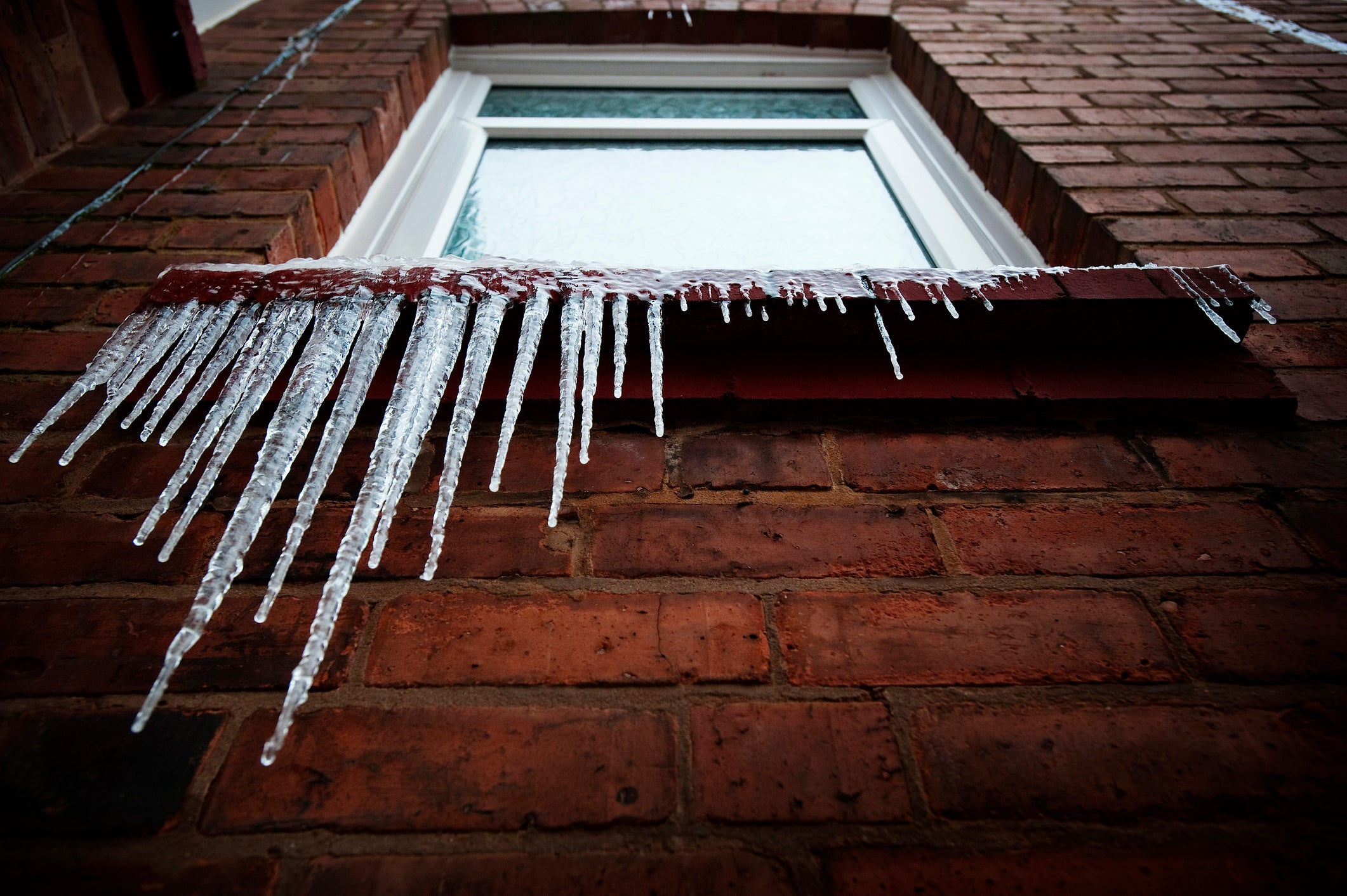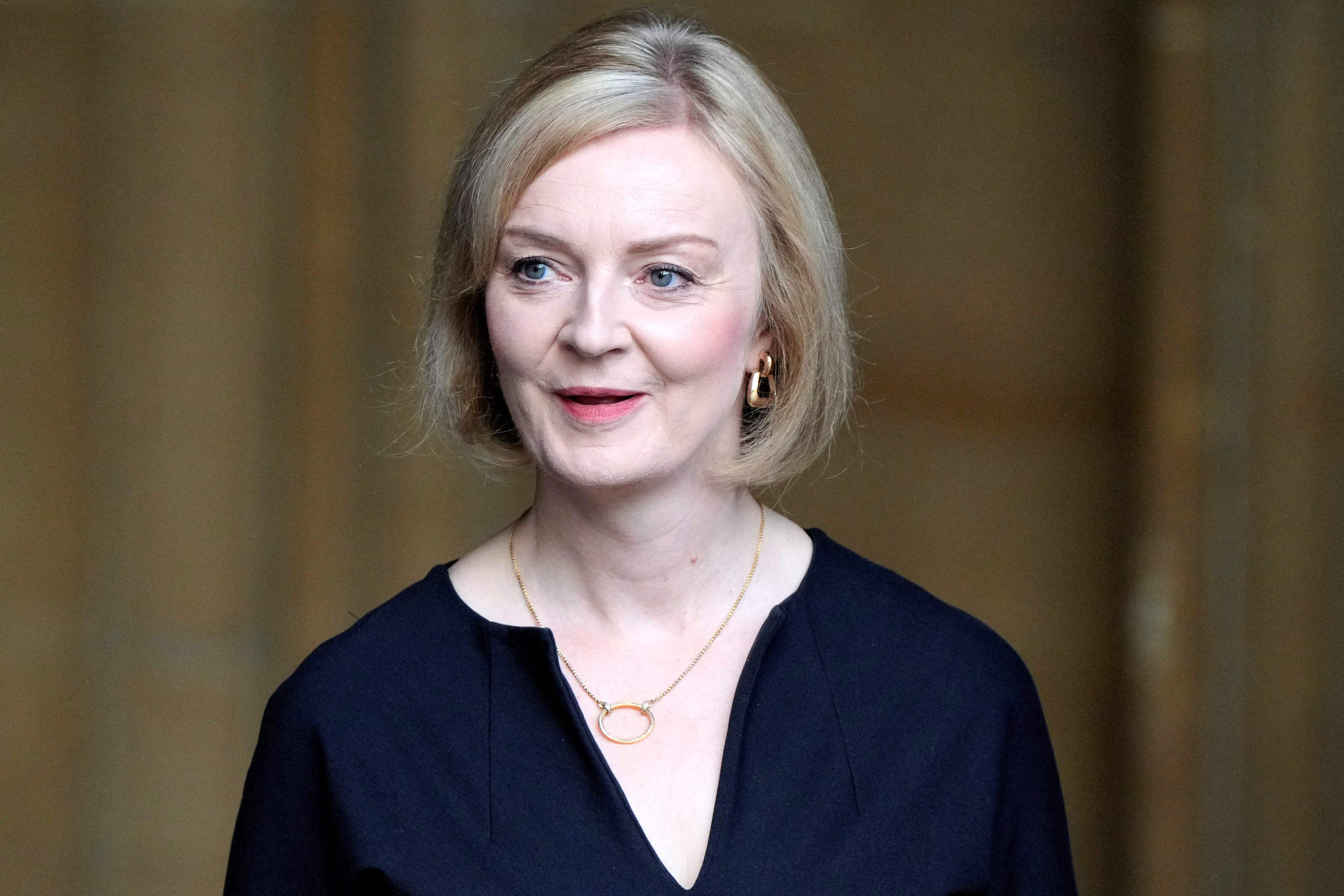UK faces ‘2023 energy crisis if it ignores insulation problem’
UK’s homes and buildings are among least efficient in Europe, experts claim

Your support helps us to tell the story
From reproductive rights to climate change to Big Tech, The Independent is on the ground when the story is developing. Whether it's investigating the financials of Elon Musk's pro-Trump PAC or producing our latest documentary, 'The A Word', which shines a light on the American women fighting for reproductive rights, we know how important it is to parse out the facts from the messaging.
At such a critical moment in US history, we need reporters on the ground. Your donation allows us to keep sending journalists to speak to both sides of the story.
The Independent is trusted by Americans across the entire political spectrum. And unlike many other quality news outlets, we choose not to lock Americans out of our reporting and analysis with paywalls. We believe quality journalism should be available to everyone, paid for by those who can afford it.
Your support makes all the difference.Britain must fix homes leaking heat and slash its reliance on gas or face an even bigger energy crisis next year, experts warn.
Last week Liz Truss carried out a U-turn, just two days into her premiership, by announcing average annual household bills will be frozen at £2,500 until 2024 – at a cost up to £150bn – to protect Britons from soaring bills.
But the Institute for Government think tank says upgrading the UK’s draughty and inefficient homes is a better long-term use of resources and a lack of investment in energy efficiency measures means the UK is “paying the price for a decade of failure”.
The report said: “The UK’s homes and buildings are among the least efficient in Europe, which is making the crisis especially painful for households and businesses. Yet remarkably the Johnson government and now seemingly the Truss government have ignored this so far in their responses.
“The UK government has been forced into adopting a series of necessary but suboptimal policies this year in the face of a catastrophic rise in energy prices. But UK households and businesses are likely to still be facing high energy bills in the winter of 2023 – quite possibly beyond that.

“If the government focuses only on short-term financial support, and long-term measures to boost supply that are unlikely to have a major impact, it will find itself in an even more difficult position in a year’s time.”
The UK, it added, is particularly exposed to price rises because it is heavily reliant on gas compared to other countries, using it for heating homes and buildings, producing electricity, and supplying industry.
The report said: “The government should learn from what has worked abroad – and what has failed at home.
“These include providing clarity about the government’s long-term approach, and offering much better advice to households. Other steps – such as boosting public investment, ensuring households could access cheap finance, tightening regulations, and taking further steps such as investing in skills to help strengthen supply chains – would involve costs.
“But the evidence suggests the benefits would far outweigh them.”
On Monday, a leading economist urged Ms Truss to ditch plans to hold down everyone’s bills until 2024 and find another solution to the crisis.
Paul Johnson, the head of the Institute for Fiscal Studies (IFS), said: “It’s incredibly expensive. It’s totally untargeted.
“It gives large amounts of money to people who don’t need it, and it means that we’re not facing the price signal that there is less gas out there. And yet, we’re being massively subsidised to use gas.”
The government has faced criticism for failing to reveal the expected cost of a two-year freeze ahead of an expected “mini-budget” next week.
Join our commenting forum
Join thought-provoking conversations, follow other Independent readers and see their replies
Comments